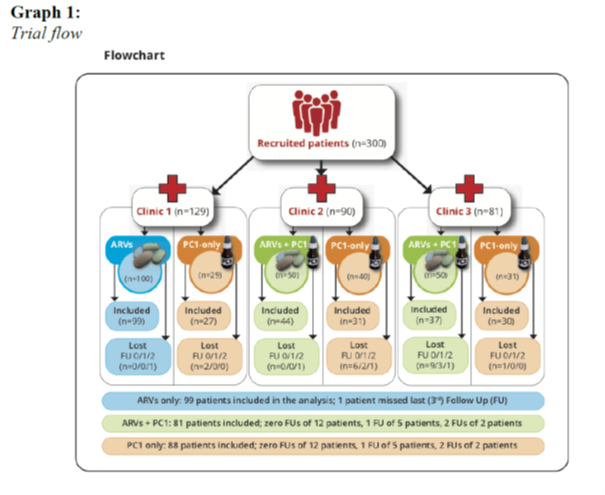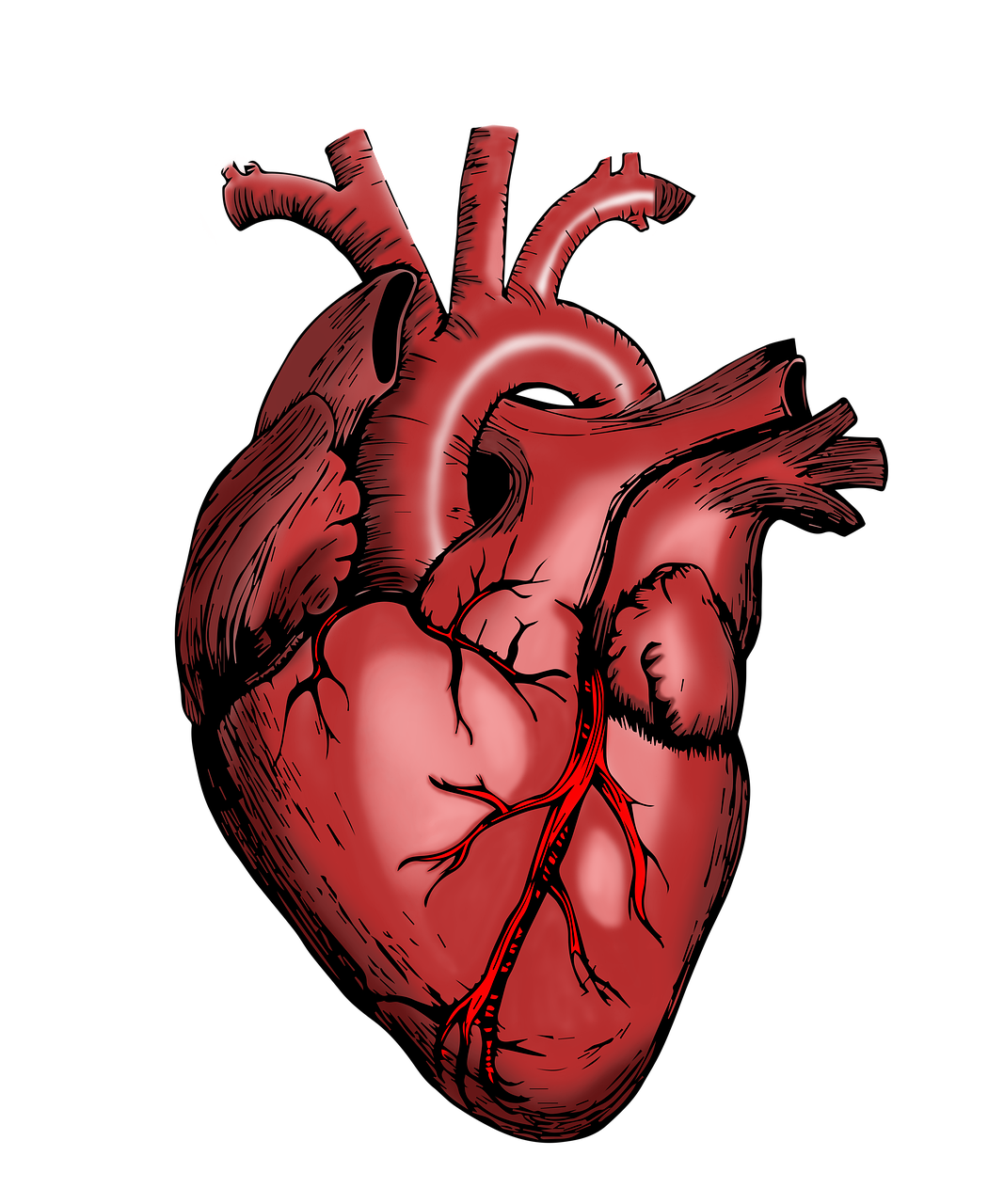Peter Chappell’s AIDS Remedy PC1
Our field study in Africa has been published
Background story
I’ve always found off-the-wall therapies interesting because, historically, scientific innovations and new findings have very often come from the fringes of the mainstream. Not always, but very often. That’s why I became interested in homeopathy when friends and colleagues dragged me to Dr Köhler’s legendary homeopathy lectures during my student days. At the time I thought: This is so crazy, if it’s true, then it’s revolutionary. As a result, I became scientifically involved with homeopathy. I did some drug trials and clinical research and then, after about 10 years of intensive research, 3 books [1-3], a series of peer-reviewed papers [4-10], extensive work on placebo effects [11-15], I realized: Yes, something is happening that is beyond random fluctuations, but that we do not understand in any way and certainly cannot explain with the conventional causal models of science [16]. I have tried to make this tangible with the scientific models currently available, but I still don’t know whether that actually leads anywhere [17].
While my hot homeopathic research period was cooling down in the early 2000s, I was approached by Harry van der Zee, a Dutch homeopathic doctor. He wanted to replicate our headache study, but better than us. That study is one of the studies in the homeopathic database that found by far the worst effect for homeopathy [7, 10]. I invited Harry round. We spent a few days together and cooked up the supposedly unbeatable design. Harry went home, did a pilot study, which turned out to be what I predicted, not what he expected. And because there was no funding, nothing came of it in the end.





